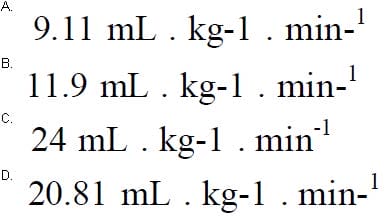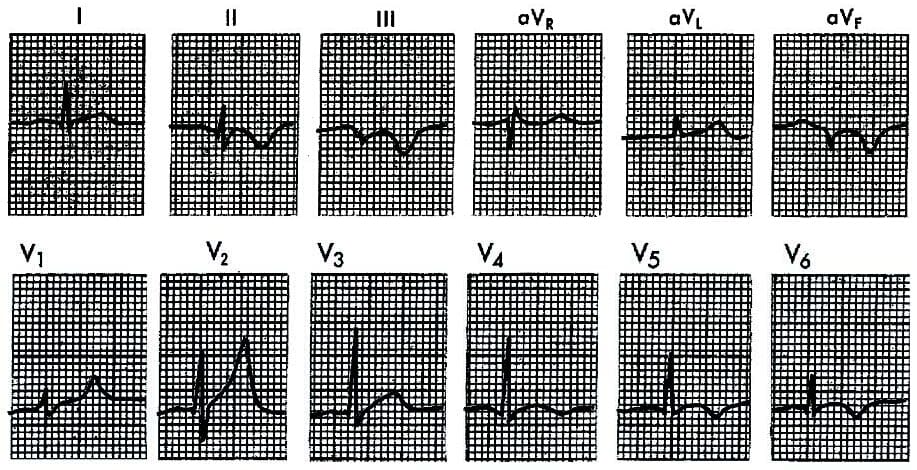030-333 Online Practice Questions and Answers
All of the following are examples of aerobic exercise modalities EXCEPT
A. Weight training.
B. Walking.
C. Bicycling.
D. Stair climbing.
Which of the following is a method of strength and power training that involves an eccentric loading of muscles and tendons followed immediately by an explosive concentric contraction?
A. Super sets.
B. Split routines.
C. Plyometrics.
D. Periodization.
The recommended muscular strength and endurance training program for apparently healthy individuals should be:
A. One set of 8 to 12 reps, 8 to 10 separate exercises, 2 days per week.
B. Two sets of six to eight reps, 8 to 10 separate exercises, 2 days per week.
C. One set of 8 to 12 reps, 8 to 10 separate exercises, 4 to 5 days per week.
D. Two sets of six to eight reps, 8 to 10 separate exercises, 4 days per week, and alternating days for legs and upper body.
Which of the following statements about confidentiality is NOT true?
A. All records must be kept by the program director/manager under lock and key.
B. Data must be available to all individuals who need to see it.
C. Data should be kept on file for at least 1 year before being discarded.
D. Sensitive information (e.g., participant's name) needs to be protected.
Which of the following statements about injury reporting is NOT correct?
A. A process for injury reporting, backed up with a form, should be developed.
B. The process to be used and the accompanying forms must be part of the PandP manual.
C. Injury reporting forms must be kept under lock and key, just like data records.
D. A physician should sign every injury report form that is filed.
Which of the following is a fixed expense?
A. Office supplies.
B. Salaries.
C. Utilities (e.g., telephone).
D. Laboratory charge backs for blood work.
A client is walking on a treadmill at 3.4 mph and a 5% grade. What is her Y02 in relative terms?

A. B. C. D.
In the ECG strip shown below, what disorder is indicated?

A. Subendocardial ischemia.
B. Transmural ischemia.
C. Acute inferior MI.
D. Posterior MI
Which of the following conditions can prolong the QT interval?
A. Hypokalemia and hypercalcemia.
B. Hyperkalemia and hypercalcemia.
C. Hypocalcemia and hypokalemia.
D. Hypocalcemia and hyperkalemia.
Right-axis deviation may be caused by:
A. Acute pericarditis.
B. Right atrial enlargement.
C. Chronic obstructive pulmonary disease.
D. Cardiomyopathy.

